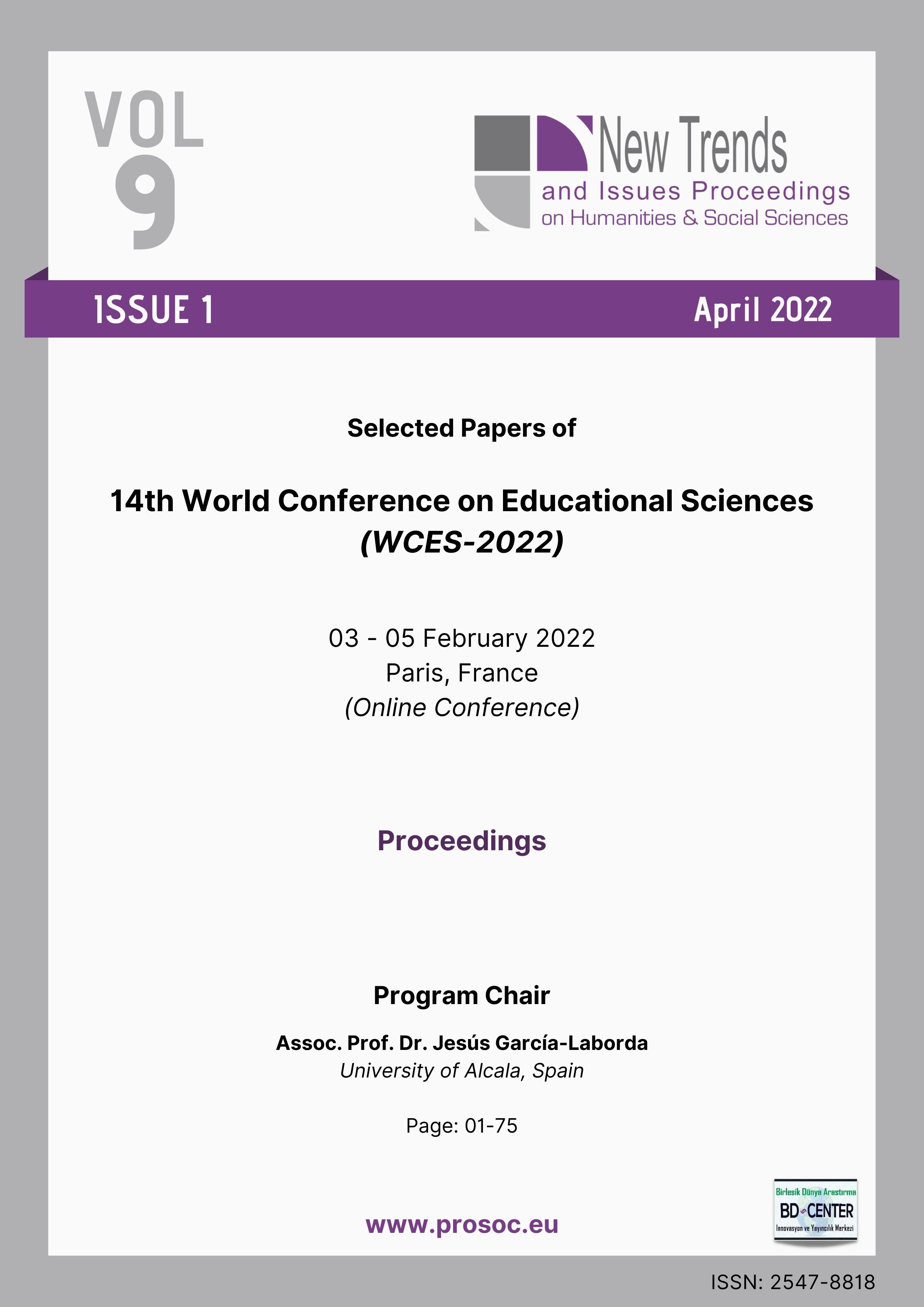Scientific concept development in early childhood through the lens of “over-development”
Main Article Content
Abstract
Conceptual development in the scientific domain begins early. This typically brings with it an “overthinking” in form of mis- and alternative conceptions. This study aims to examine more closely the emergence of scientific misconceptions by drawing on three other areas of early rule-based learning where overapplication of rules can be observed in early child development, namely overextension, over regularisation, and over imitation. Key similarities across the different domains of development showcase similar U-shaped trajectories but are seen as sophistication in children’s thought processes, evident through the extrapolation of rules. Age-related differences in when these trajectories emerge are considered, exploring how these developments do not necessarily occur in parallel but as a potential result of each other. Implications for educational practice are considered, given the observed interaction between linguistic and non-linguistic forms of overdevelopment. These focus particularly on the role of talk in formal and informal settings.
Keywords: Overconceptualisation; overextension; over regularisation; over imitation.
Downloads
Article Details

This work is licensed under a Creative Commons Attribution 4.0 International License.
Authors who publish with this journal agree to the following terms:- Authors retain copyright and grant the journal right of first publication with the work simultaneously licensed under a Creative Commons Attribution License that allows others to share the work with an acknowledgement of the work's authorship and initial publication in this journal.
- Authors are able to enter into separate, additional contractual arrangements for the non-exclusive distribution of the journal's published version of the work (e.g., post it to an institutional repository or publish it in a book), with an acknowledgement of its initial publication in this journal.
- Authors are permitted and encouraged to post their work online (e.g., in institutional repositories or on their website) prior to and during the submission process, as it can lead to productive exchanges, as well as earlier and greater citation of published work (See The Effect of Open Access).
